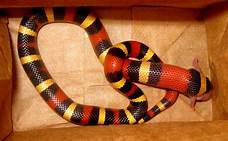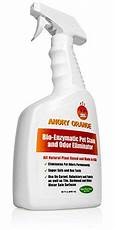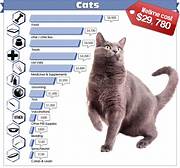Do Milk Snakes Make Good Pets?
Milk snakes are non-venomous colubrid snakes native to North and Central America. They have been kept in captivity for many years and are still popular pets today due to their docile nature. But do milk snakes make good pets? This article will explore the pros and cons of owning a milk snake, as well as some important considerations to keep in mind before making a decision.

Temperament
One of the main reasons why milk snakes make good pets is their gentle and docile temperament. They are not known to be aggressive or prone to biting. They are also relatively easy to handle, making them a good choice for beginner snake owners.
Size and Appearance
Milk snakes are generally moderate in size, with adults reaching an average length of 3-4 feet. They have smooth scales that come in various colors and patterns, making them visually appealing to many people.
Lifespan
Milk snakes have a relatively long lifespan, with some individuals even living up to 20 years in captivity. This means that you will have a long-term pet if you decide to get a milk snake.
Diet
Milk snakes are carnivores and primarily eat rodents, such as mice, rats, and gerbils. They typically eat once or twice a week and can easily be fed in captivity.
Cage Requirements
Milk snakes require a secure enclosure that is large enough to allow them to move around comfortably. The enclosure should also have proper heating, lighting, and hiding spots. It is important to provide a temperature gradient within the enclosure, with warmer and cooler areas for the snake to choose from.
Health Concerns
Milk snakes are generally hardy animals, but they can still be susceptible to certain health problems. Some of the common problems include respiratory infections, mites, and mouth rot. It is important to provide regular veterinary care to keep your milk snake healthy.
Cost
The cost of owning a milk snake varies depending on the breed, age, and where you purchase it. In general, you can expect to pay anywhere from $30 to $200 for a milk snake. Additionally, you will need to purchase a suitable enclosure, supplies, and food, which can add to the overall cost.
Conclusion
Overall, milk snakes can make good pets for those who are willing to provide the proper care and attention. They are docile, easy to handle, and have relatively simple dietary and housing requirements. However, it is important to consider the long-term commitment and potential costs involved before making a decision.
Declaration: All article resources on this website, unless otherwise specified or labeled, are collected from online resources. If the content on this website infringes on the legitimate rights and interests of the original author, you can contact this website to delete it.





